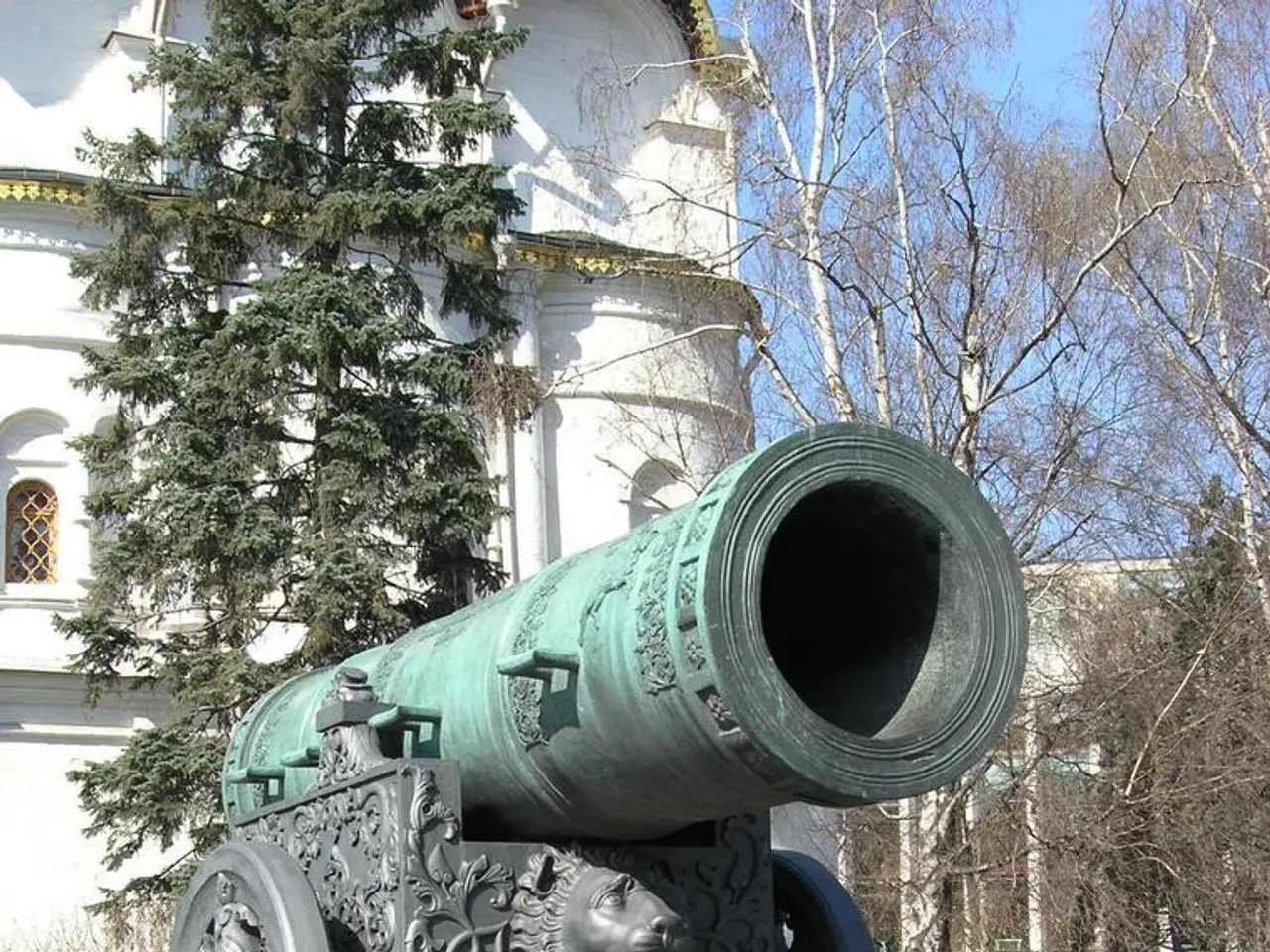Construction Proposals Unveiled in Moscow
In a significant move towards modernising the Far East and Arctic region, Yakutsk's master plan was unveiled at the Corporation for the Development of the Far East and the Arctic's Investor Day. The focus of the plan is primarily on infrastructure modernisation and expanding connectivity in the region.
One of the key highlights of the plan is the expansion of rail infrastructure, with a particular emphasis on the continuation and integration of the Amur–Yakutsk Mainline railway. This includes the construction of a rail bridge over the Lena River, scheduled for completion between 2024 and 2028. This development will connect Yakutsk to broader rail networks, improving freight and passenger flows and paving the way for extending rail connections eastward. Although further extensions towards Magadan, Chukotka, and potentially the Bering Strait remain long-term ambitions due to technical challenges like permafrost and seismic risks, they represent significant future investment opportunities.
Another significant aspect of the plan is the modernisation of public utilities. The broader Russian federal agenda allocates 4.5 trillion rubles by 2030 for this purpose, with a significant share targeted at the Far East. This modernisation will directly impact Yakutsk, improving housing, utility services, and industrial self-sufficiency.
Energy development is another crucial component of the plan. While not specific to Yakutsk city, the Far East region is included in plans to commission new power units and integrate nuclear capacity as per federal energy development strategies. These plans could attract investment in clean and stable energy supply infrastructure necessary for the city’s growth.
Yakutsk's master plan also aligns with broader regional efforts to showcase economic achievements and advance technological sovereignty, alongside tourism and urban development. Investment opportunities exist in leveraging Yakutsk as a hub for innovation, sustainable development, and Arctic economic activities.
The total cost of the master plans for Yakutsk and Neryungri is 716 billion rubles. The transformation of these two major cities of the republic is planned to be completed by 2030.
The Investor Day, held in Belokamenaya, attracted around 150 people, including representatives from various sectors such as federal and regional authorities, financial institutions, development institutions, major construction companies, and the hospitality industry. Peter Popov, the Minister of Economy of Yakutia, represented Yakutia at the event and introduced the main projects of Yakutsk's master plan.
Peter Popov emphasised that the region ensures transparency and is open to investors. He also stated that the region will create the most comfortable conditions for doing business and is ready to provide all necessary support to investors. The head of the republican agency met with business representatives and development institutions in Moscow to discuss cooperation prospects.
In conclusion, the master plan for Yakutsk, presented at the Investor Day, centres on enhancing transport links—especially rail infrastructure like the Amur–Yakutsk Mainline and the Lena River bridge—modernising utilities and energy systems aligned with federal development targets, and integrating the city into the economic and technological development framework of the Russian Far East and Arctic. These initiatives create a significant platform for investment in infrastructure, energy, transportation, and advanced technologies.
- The master plan for Yakutsk, as revealed at the Investor Day, presents a substantial opportunity for investing in infrastructure, particularly railways, with the proposed expansion of the Amur–Yakutsk Mainline and construction of a rail bridge over the Lena River.
- The development of real-estate in Yakutsk is another aspect of the master plan that aligns with broader regional efforts, offering potential investment opportunities in urban development and technological sovereignty, as Yakutsk positions itself as a hub for innovation and sustainable economic activities in the Arctic.
- The modernisation of public utilities and energy development, as outlined in the master plan, also creates potential investment avenues for those interested in financing clean and stable energy supply infrastructure that adheres to federal energy development strategies.




